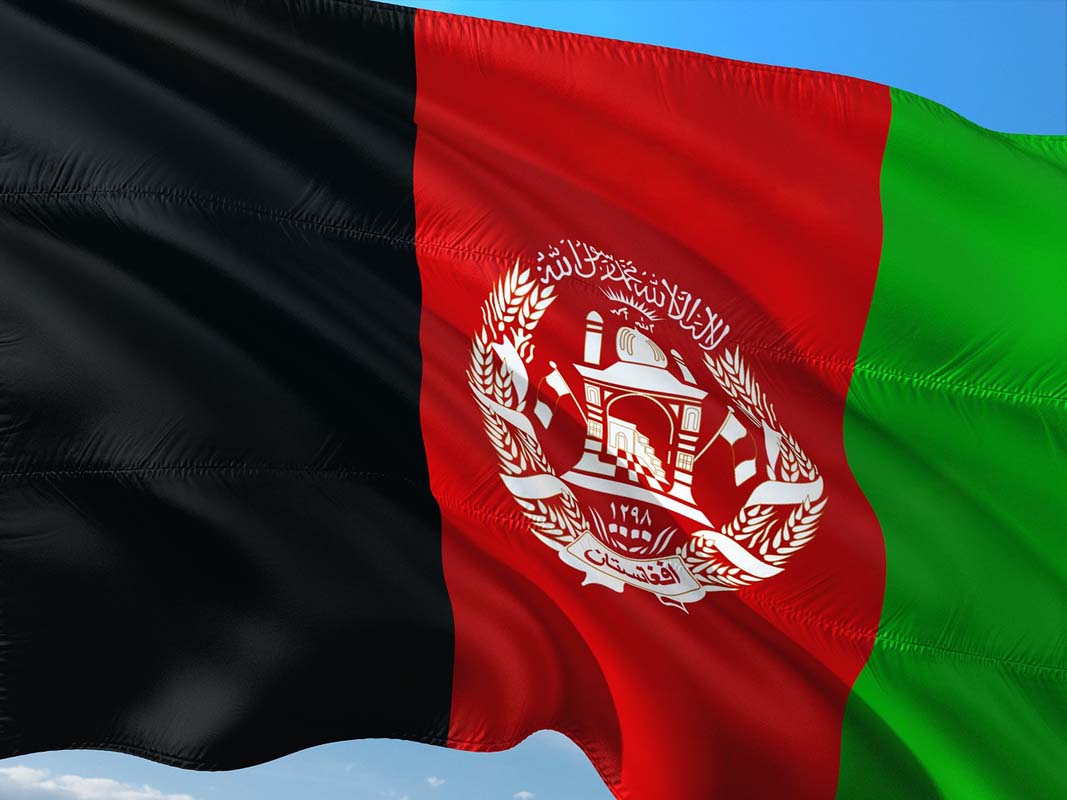
403
Sorry!!
Error! We're sorry, but the page you were looking for doesn't exist.
Afghanistan's water predicament goes regional
(MENAFN) After decades of war that left it with little authority over its five major river basins, Afghanistan is now asserting greater control of its water resources under Taliban rule. Since taking power in 2021, the Taliban have launched dam and canal projects aimed at securing water sovereignty for the drought-prone nation.
These moves, however, are straining relations with neighboring countries. While Afghanistan remains diplomatically isolated on the global stage, its projects are testing regional cooperation at a time when climate change is already intensifying water scarcity by disrupting rainfall, melting glaciers, and shrinking snowpacks.
A major source of concern is the Amu Darya, one of Central Asia’s most important rivers. Afghanistan’s Qosh Tepa canal project could divert up to 21% of the river’s flow to irrigate 560,000 hectares in the country’s arid north, further reducing water supplies downstream and exacerbating the decline of the Aral Sea.
Uzbekistan and Turkmenistan are expected to be hit hardest, with Kazakhstan also voicing concern. Although these states have cautiously built closer ties with the Taliban, experts warn that tensions could rise once the canal becomes fully operational.
Would you like me to also expand this into a full regional overview (covering Iran, Pakistan, etc.) like a briefing note, or keep it focused on Central Asia only?
These moves, however, are straining relations with neighboring countries. While Afghanistan remains diplomatically isolated on the global stage, its projects are testing regional cooperation at a time when climate change is already intensifying water scarcity by disrupting rainfall, melting glaciers, and shrinking snowpacks.
A major source of concern is the Amu Darya, one of Central Asia’s most important rivers. Afghanistan’s Qosh Tepa canal project could divert up to 21% of the river’s flow to irrigate 560,000 hectares in the country’s arid north, further reducing water supplies downstream and exacerbating the decline of the Aral Sea.
Uzbekistan and Turkmenistan are expected to be hit hardest, with Kazakhstan also voicing concern. Although these states have cautiously built closer ties with the Taliban, experts warn that tensions could rise once the canal becomes fully operational.
Would you like me to also expand this into a full regional overview (covering Iran, Pakistan, etc.) like a briefing note, or keep it focused on Central Asia only?

Legal Disclaimer:
MENAFN provides the
information “as is” without warranty of any kind. We do not accept
any responsibility or liability for the accuracy, content, images,
videos, licenses, completeness, legality, or reliability of the information
contained in this article. If you have any complaints or copyright
issues related to this article, kindly contact the provider above.















Comments
No comment